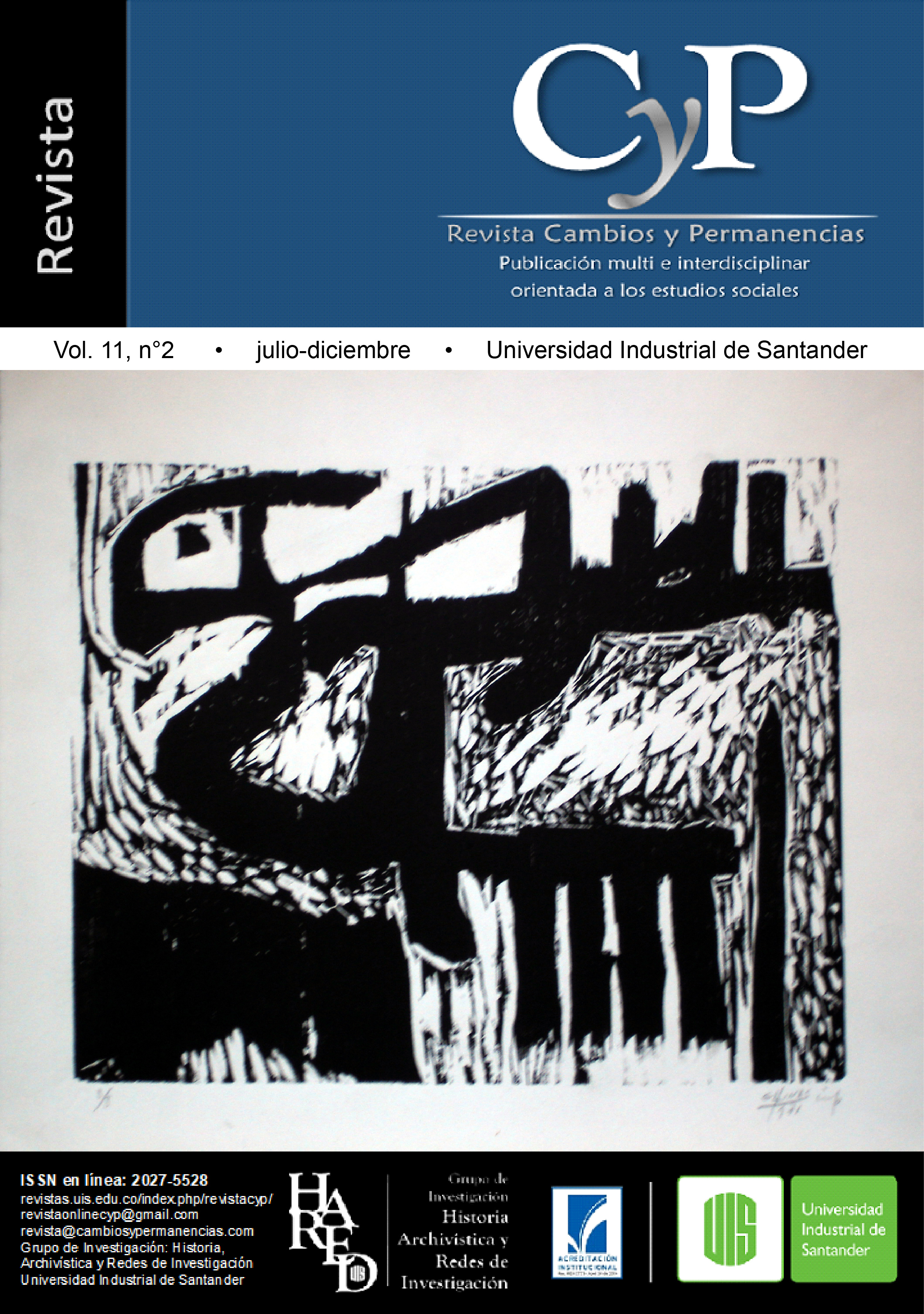Published 2020-12-16
Keywords
- Memoir,
- conflict,
- school,
- experience,
- narratives
How to Cite
Abstract
Consolidating memory in the classroom as part of the pedagogical proposals, which are defined inside the school context, permits the collective construction of webs that bind the individuals and their experiences to the innate dynamics of the teaching and learning process of the Social Sciences, based on the oral narrations of the students. The students are precisely the ones who, acting as primary sources, enable the constitution and consolidation of a wide range of knowledge that circulate and operate in the contemporary school, which is influenced by the contexts that emerge in the characteristic scene of the Colombian post-conflict.
This way, the experience entitled “Narratives, infancies and school: a historical memory exercise”, carried out at Confederación Brisas del Diamante School, located in the locality of Ciudad Bolívar in Bogotá, aims at evidencing the importance of the estrangement of the hegemonic discourses born inside the school based on the acknowledgment and the approach of the exercises of historical memory. This, as a support tool in the construction of knowledge and as a way of symbolic reparation of those students, victims of the armed conflict, and who are part of and are recognized in the school setting of the public education system in Bogotá.
Downloads
References
Jenkins, H. (2006). Convergence Culture: la cultura de la convergencia de los medios de comunicación. Barcelona, España: Paidós.
Martinez Boom, A. (1997). Escuela, Historia y poder. Buenos Aires, Argentina: Novedades educativas.
Pollak, M. (1992). Memória e identidade social. Estudos Históricos, 5(10), 200-212.
Ricoeur, P. (2000). La memoria, la historia, el olvido. México: Fondo de Cultura Económica.
Sánchez, O. (2006). Memoria educativa y pedagógica en tiempos de globalización. Educación y ciudad, (97).
Van Alphen, E. (1997). Caught by history. Holocaust effects in contemporary art, literature and theory. Stanford, EE. UU.: Stanford University Press.

